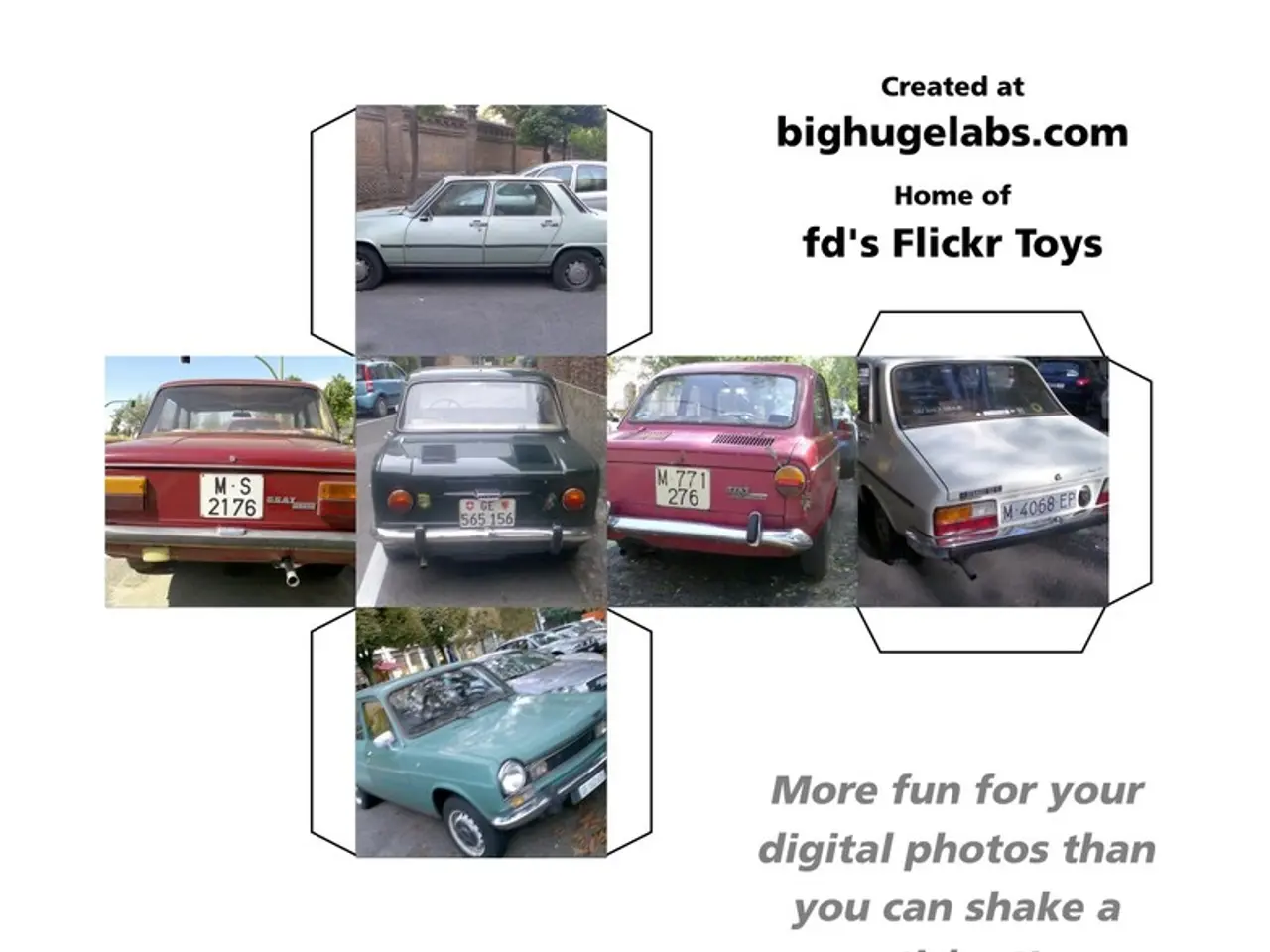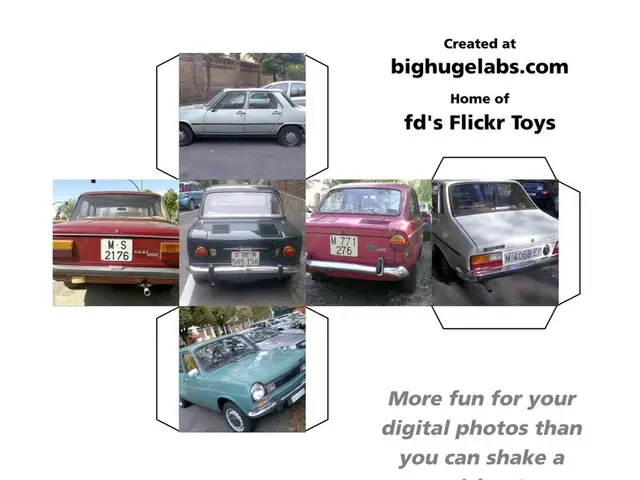Predicted Bright Future for Autonomous Driving Seen by Half of Germans
In a recent survey, 86% of Germans see digitalization as an opportunity for mobility, with the population expressing a strong desire for more digital mobility. This shift towards a more connected and automated future is evident in the findings, as 99% of respondents are willing to use one or more autonomous means of transport.
One area where Germany has the potential to lead is autonomous driving. The country boasts two leading companies, Mercedes-Benz and BMW, both of which have Level-3 autonomous driving systems approved. Mercedes-Benz's Drive Pilot is considered a benchmark internationally. Volkswagen is also progressing, currently operating at Level 2+.
The survey reveals that 53% of Germans believe that autonomous driving will be the future standard, while 43% consider it an overhyped trend. This ambivalence is reflected in the 68% who are open to AI as a driving assistant, and 77% who want AI that takes control in case of an emergency to avoid accidents. However, 57% would even want AI to intervene in case of excessive or risky driving.
The digitalization of mobility is not without challenges. 44% see a lack of IT-savvy engineers as a significant hurdle, and 30% use car-sharing when available, with only 12% doing so frequently. To address this, 56% think sharing offers should be supported by politics, and 54% want the money primarily invested in modernizing and digitizing public transport.
The survey also highlights the importance of infrastructure. 56 percent want investments in the renovation and new construction of bridges to be given priority, while 64% prioritize the renovation and construction of highways. There is also a call for more and better bike paths (54%) and the expansion of mobile network coverage along railway and road tracks (53%).
For Germany to take a leading role, especially in the key theme of autonomous driving, we need large model regions in the future instead of many isolated individual projects. This requires long-term financing with cross-departmental bundling of funds.
The survey also emphasizes the environmental benefits of sharing offers, with 71% considering them an environmentally friendly alternative. Furthermore, 36% believe that sharing offers will increasingly replace private vehicle ownership.
Seamless switching between transport modes and sharing offers is a desire shared by 45% of respondents, with 8% using mopeds for sharing overall (4% frequently), 32% using e-scooter-sharing when available (14% frequently), and 36% believing that this will become more common.
The survey also highlights the need for AI in recognizing driver impairment like drowsiness or alcohol and advising against driving (79%), and for AI to show the way to the next parking spot (88%).
In conclusion, the survey reveals a German population that is open to and enthusiastic about the digitalization and autonomous driving revolution in mobility. However, challenges such as a lack of IT-savvy engineers and the need for long-term financing must be addressed to ensure Germany can take a leading role in this global race.
Read also:
- Musk threatens Apple with litigation amidst increasing conflict surrounding Altman's OpenAI endeavor
- Transitioning to Electric Vehicles Places Heavy Demand on Power Grids
- E-mobility continues its progress after a decade since the scandal, staying on course
- The Commission deems the assistance program to be in agreement with the domestic market regulations.








